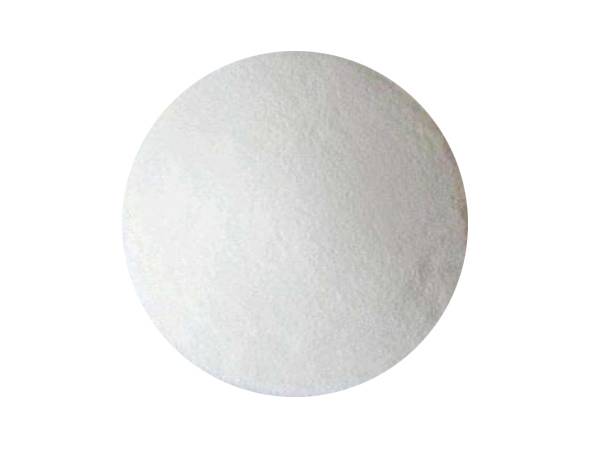



sodium chlorate crystals
Sodium chlorate (NaClO₃) is an important chemical compound widely used in various industrial applications. In its crystalline form, sodium chlorate appears as white, odorless crystals that are highly soluble in water. Its unique properties make it a valuable substance in several fields, including agriculture, water treatment, and the production of chlorate salts, as well as in the pyrotechnics industry.
One of the most significant applications of sodium chlorate is in agriculture, where it serves as an herbicide. It effectively controls unwanted vegetation by inhibiting the growth of specific plants. The compound works by disrupting the photosynthesis process, ultimately leading to the death of the targeted plants. This property makes sodium chlorate a potent tool in managing crops and ensuring higher yields by reducing competition from weeds.
In water treatment facilities, sodium chlorate is utilized as a disinfectant. It possesses strong oxidizing properties, which help in the removal of harmful microorganisms from water supplies. By using sodium chlorate, municipalities can ensure that drinking water is safe for public consumption, effectively reducing the risk of waterborne diseases. Moreover, it is sometimes employed to treat wastewater, contributing to environmental sustainability efforts.
sodium chlorate crystals

Sodium chlorate also holds significance in the manufacturing of chlorine dioxide, a chemical widely used in bleaching and disinfection processes. Chlorine dioxide is generated through the reaction of sodium chlorate with a reducing agent, typically in controlled environments. This method produces chlorine dioxide in a more stable and manageable form compared to traditional chlorine production methods, making it a safer option for industrial applications.
In addition to its utility in agriculture and water treatment, sodium chlorate is employed in the production of explosives and pyrotechnics. Due to its strong oxidizing properties, it can serve as a key component in various explosive formulations. Its ability to release oxygen readily allows it to enhance the combustion of other materials, thereby increasing the energy output of explosives. However, handling sodium chlorate requires care, as it can be hazardous if not managed correctly.
In conclusion, sodium chlorate crystals are a versatile chemical compound with applications ranging from agriculture to industrial processes. Its properties as a herbicide, disinfectant, and oxidizing agent make it invaluable in various sectors. As industries strive for greater efficacy and safety in their operations, sodium chlorate will likely continue to play a significant role in addressing modern challenges in agricultural productivity and water safety.
-
Why Sodium Persulfate Is Everywhere NowNewsJul.07,2025
-
Why Polyacrylamide Is in High DemandNewsJul.07,2025
-
Understanding Paint Chemicals and Their ApplicationsNewsJul.07,2025
-
Smart Use Of Mining ChemicalsNewsJul.07,2025
-
Practical Uses of Potassium MonopersulfateNewsJul.07,2025
-
Agrochemicals In Real FarmingNewsJul.07,2025
-
Sodium Chlorite Hot UsesNewsJul.01,2025










